#african cities
Explore tagged Tumblr posts
Text



📷 Nairobi Visuals
19 notes
·
View notes
Text

TIMBUKTU, BEAUTIFUL and NATURAL.
24 notes
·
View notes
Text
Great images here. I also urge folks to go do their own searches too. Hell, open up Google Maps, find the capital city of any country on the African continent, pick a downtown street, and turn on Street View.
Sidebar: y'all have GOT to fucking stop talking about the whole damn continent of Africa as if it were a single country. Just because North America is nearly synonymous with America, as in the United States of America; that does not make Africa or Europe or South America or Asia basically a single country with a single culture. I know you fucks can sort of understand that about Europe, but it is really just as true for every damn continent (except maybe Australia and, well, Antarctica).
Here, have a Strret View near downtown Kampala, Uganda:

It's probably even more built up now.
I'd like to add more screencaps like this but, uh, Google Maps is a massive rabbit hole that eats my time as I check out cool areas of countries and cities all over the damn world, so I need to stop before I forget to eat dinner. Just fucking go play with Google Maps for a while.
Want more direction than just random pan and zoom and pan? Start playing Worldle!
Every day, it randomly picks a country or territory and shows just its outline and you've got six guesses to figure out which one it is (there's a pull-down menu of the possible options, so it's okay if you can't spell them all). For every guess that isn't right, it tells you how far away and in which direction the actual country/territory is.
My *personal* rule is that, if I haven't gotten it with the first five guesses, I go to Google Maps and figure out the answer (which sometimes means turning on the satellite layer so I can find tiny island territories¹). I mean, this is an open book game. Yes, the short-term goal is to recognize them without looking it up ... and also yes, the long-term goal is to build the knowledge to recognize them without looking them up.
It's fucking working! I still get lost in which of the -istans it might be, and the Pacific island nations all look like little blobs or blob clusters, and Eastern Europe has WAY more countries than you think it does, but now I get it right in 5 or less about 50% of the time! And when I don't, I get to spend a while fooling around in Google Maps, checking out countries and stuff.
---
¹ I'm fucking looking at YOU, Bouvet Island.
Someone said "Are you really so stupid to think that Africa has the same technological advances as us? If they did they would probably have clean water and not live in houses made of sticks and mud. Get over yourself and stop being so ignorant."..... Below is a tiny collection of images of the Africa they refuse to show you..
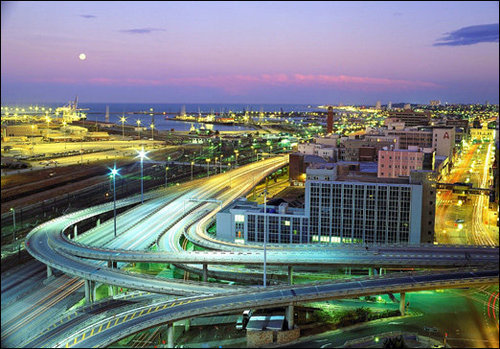
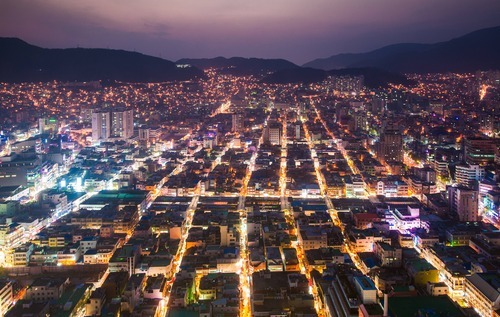
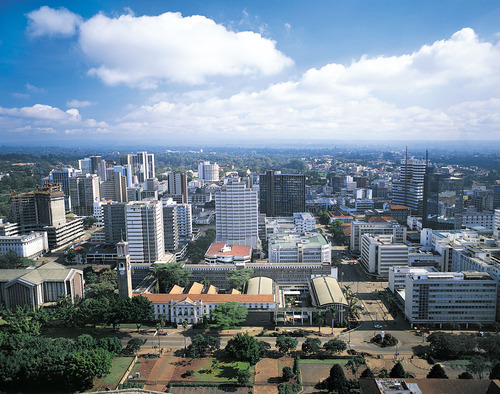
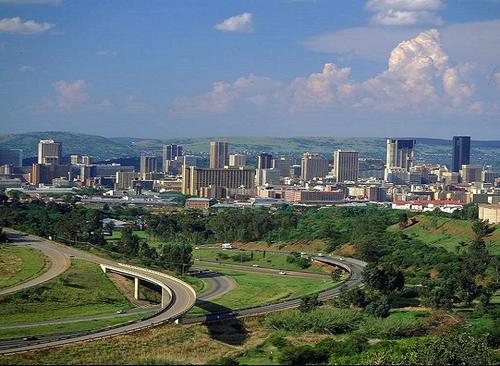
ches
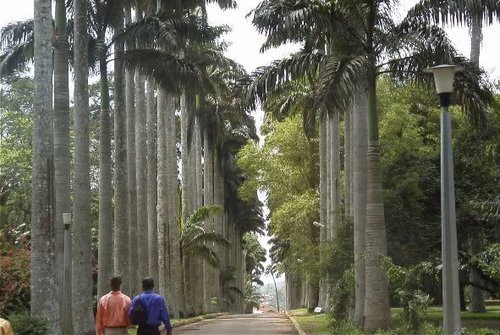
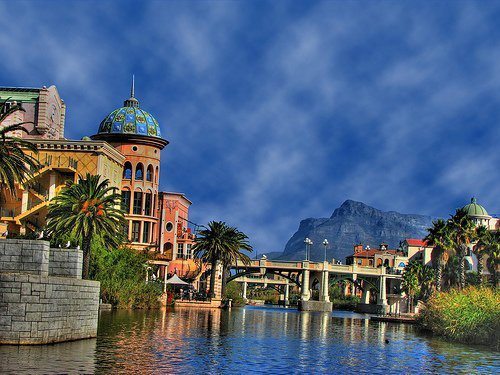
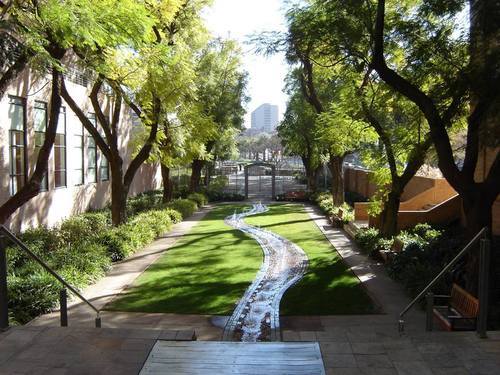
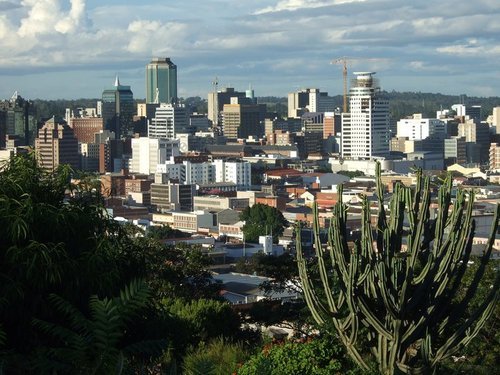
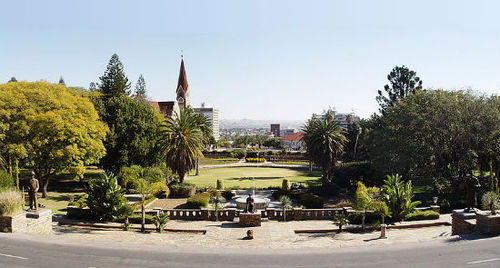
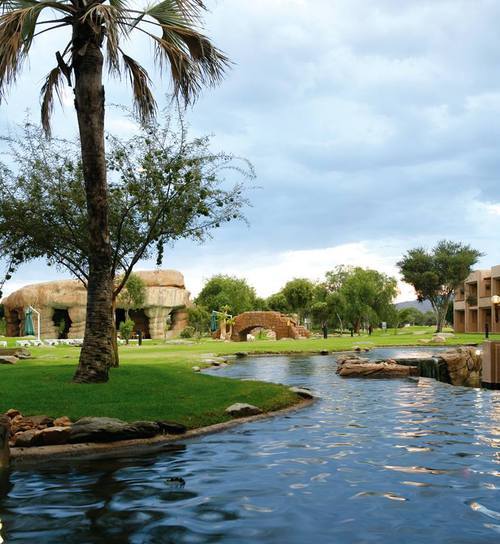
I’m sorry you’ve been made to believe that the whole of Africa is poor, I really am..
#Africa#African countries#African cities#Africa is not a country#Africa is a continent#divided into many different countries#(BTW many of them are majority Christian)#(BTW one of the (if not THE) oldest Bibles still in existence is Ethiopian)#there are full size built up cities on every continent#(except Antarctica)#the USA has broke little rural towns just as much as countries in Africa do#please learn about the diversity of infrastructure that happens in every country
787K notes
·
View notes
Text
Nairobi City Plunges into Darkness: A Rare Glimpse at the Impact of a Power Outage
The city of Nairobi, Kenya, experienced a sudden and unexpected power outage recently, plunging millions of residents into darkness. The situation was chaotic and disorienting, leaving the city’s streets eerily quiet and still. In this exclusive footage, we take you through the aftermath of the power failure and show you how people are coping with the sudden disruption. The power outage caught…
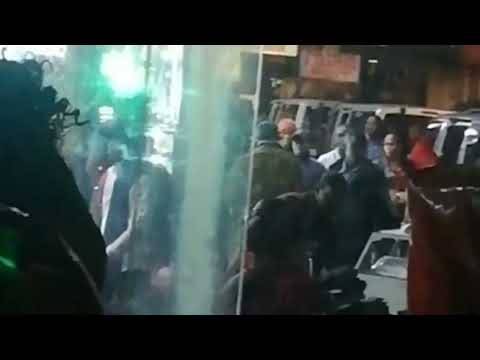
View On WordPress
#African Cities#African Infrastructure#Backup Generators#Blackout#City Emergency#City Life#Community Impact#Critical Facilities#Daily Life#Disaster Response#Electrical Infrastructure#Electrical Outage#Electricity Failure#Emergency Power#Emergency Services#Energy Crisis#Energy Security#Infrastructure Failure#kenya news#Nairobi City#Power Failure#Power Grid#Power Outage#Public Safety#Public Services#Technology Dependence#Technology Failure#Urban Disruption#Urban Life
0 notes
Text
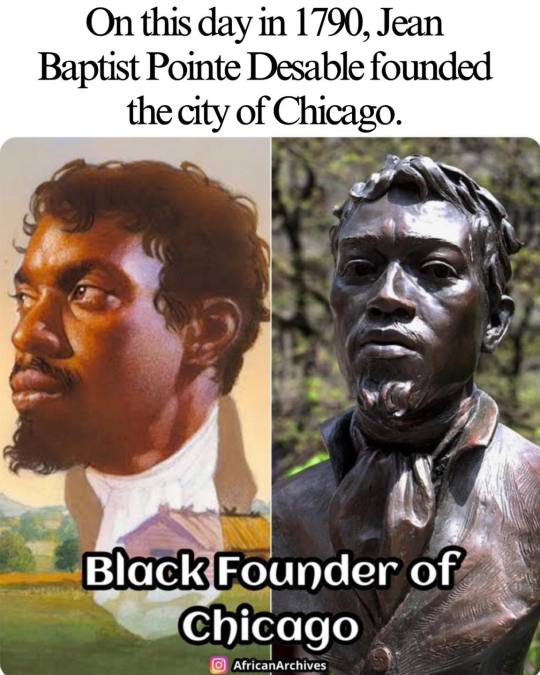
Jean-Baptiste Pointe DuSable was born in Saint-Domingue, Haiti (French colony) during the Haitian Revolution. At some point he settled in the part of North America that is now known as the city of Chicago and was described in historical documents as "a handsome negro" He married a Native American woman, Kitiwaha, and they had two children. In 1779, during the American Revolutionary War, he was arrested by the British on suspicion of being an American Patriot sympathizer. In the early 1780s he worked for the British lieutenant-governor of Michilimackinac on an estate at what is now the city of St. Clair, Michigan north of Detroit. In the late 1700's, Jean-Baptiste was the first person to establish an extensive and prosperous trading settlement in what would become the city of Chicago. Historic documents confirm that his property was right at the mouth of the Chicago River. Many people, however, believe that John Kinzie (a white trader) and his family were the first to settle in the area that is now known as Chicago, and it is true that the Kinzie family were Chicago's first "permanent" European settlers. But the truth is that the Kinzie family purchased their property from a French trader who had purchased it from Jean-Baptiste. He died in August 1818, and because he was a Black man, many people tried to white wash the story of Chicago's founding. But in 1912, after the Great Migration, a plaque commemorating Jean-Baptiste appeared in downtown Chicago on the site of his former home. Later in 1913, a white historian named Dr. Milo Milton Quaife also recognized Jean-Baptiste as the founder of Chicago. And as the years went by, more and more Black notables such as Carter G. Woodson and Langston Hughes began to include Jean-Baptiste in their writings as "the brownskin pioneer who founded the Windy City." In 2009, a bronze bust of Jean-Baptiste was designed and placed in Pioneer Square in Chicago along the Magnificent Mile. There is also a popular museum in Chicago named after him called the DuSable Museum of African American History.
x
#Jean-Baptiste Pointe DuSable#Haitian Revolution#Chicago history#founder of Chicago#black history#Native American wife#Kitiwaha#American Revolutionary War#British arrest#Michilimackinac#St. Clair Michigan#trading settlement#Chicago River#John Kinzie#European settlers#Great Migration#Carter G. Woodson#Langston Hughes#Windy City#bronze bust#Pioneer Square#Magnificent Mile#DuSable Museum#African American history
594 notes
·
View notes
Text
Lagos, Nigeria: Lagos or Lagos City, is a large metropolitan city in southwestern Nigeria. It is the largest city in Nigeria, and the most populous urban area on the African continent. Lagos was the national capital of Nigeria until the government's December 1991 decision to move their capital to Abuja in the centre of the country. Lagos is a major African financial centre and is the economic hub of Lagos State and Nigeria at large. The city has a significant influence on commerce, entertainment, technology, education, politics, tourism, art, and fashion in Africa. Wikipedia
216 notes
·
View notes
Text

The Invisible Man, Harlem, New York, Gordon Parks, 1952
#gordon parks#photography#vintage photography#vintage#black and white photography#harlem#new york#new york city#1950s#1952#african american#american#black artists#artists of color#100 notes
440 notes
·
View notes
Photo


Rema & Shallipopi
#Rema#Shallipopi#Benin Boys#HEIS#Nigeria#Benin City#Afrobeats#Music Video#BTS#Behind the Scenes#Photography#Art#African Artists#Melanin#Black Excellence#Production
276 notes
·
View notes
Text

City Lights - Sasha Hartslief
South African , b. 1974 -
Oil on canvas , 85 x 120 cm.
166 notes
·
View notes
Text



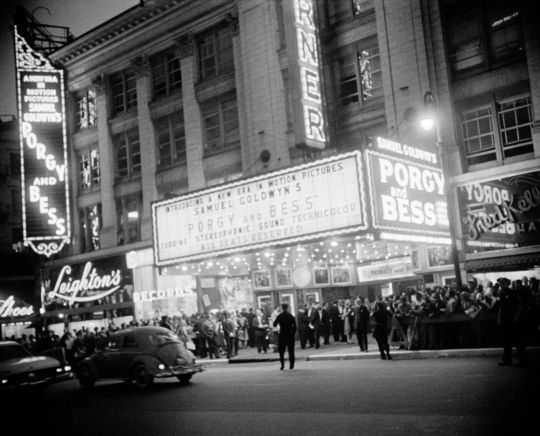
Dorothy Dandridge arriving at the premiere of the film Porgy & Bess at the Warner Theatre in New York City on June 24, 1959.
#dorothy dandridge#1959#porgy and bess#progy & bess#actrss#african american#actress#nyc#new york city#1950s#1950s fashion
653 notes
·
View notes
Text

Bab Boujloud, Fez City, Morocco: Bab Bou Jeloud is an ornate city gate in Fes el Bali, the old city of Fez, Morocco. The current gate was built by the French colonial administration in 1913 to serve as the grand entrance to the old city. The structure is a triple-arched gate that makes use of Moorish architectural forms, with pointed horseshoe arches and a crenelated top. Wikipedia
138 notes
·
View notes
Text

A cow bonds with her calf at the San Diego Zoo Safari Park
Photo by Ken Bohns
@s-usans-blog 🐘 I know how much you love elephants, especially the babies. You would really enjoy the San Diego Zoo here in Southern California. It's one of the best in the world.
#san diego zoo#socal#coastal city#pacific coast#elephants cow & calf#safari park#african savannah elephants#largest land animals
119 notes
·
View notes
Text

1924, A family in Harlem, New York City, photo by James Van Der Zee
#african#afrakan#kemetic dreams#brownskin#afrakans#africans#brown skin#african culture#african american#african american history#harlem#new york city#james van der zee
514 notes
·
View notes
Text
Wild Encounters 🦁🌿


#Bronx#Zoo#Asiatic Lion#Cute Animals#The Lion King#New York City#Bronx Zoo#Panthera Leo#Lion#Wildlife#Lion Pride#African Plains#Big Cats#Bronx Park#New York
57 notes
·
View notes
Text
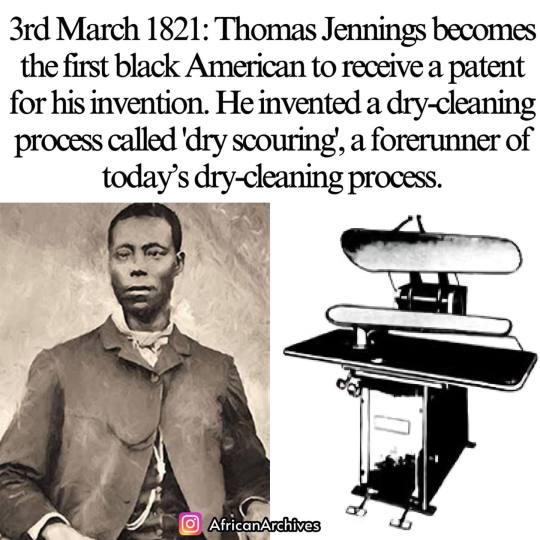
Thomas Jennings was a free man born in 1791 in New York City. He was 30 years old when he was granted a patent for a dry cleaning process. In his early 20s Thomas Jennings became a tailor, and later opened a dry cleaning business in the city. As a tailor. Jennings' skills were so admired that people near and far came to him to alter or custom tailor items of clothing for them. Eventually, Jennings reputation grew such that he was able to open his own store on Church street which grew into one of the largest clothing stores in New York City. While running his business Jennings developed dry-scouring. He had many customers complain of their clothes being ruined by stains and so he began experimenting with cleaners and mixtures that would remove the stains without harming the material. He earned a large amount of money as a tailor and even more with his dry scouring invention and most of the money he earned went to his abolitionist activities. In 1831, Thomas Jennings became assistant secretary for the First Annual Convention of the People of Color in Philadelphia, PA. Thomas L. Jennings Dry Scouring technique created modern day dry cleaning. Jennings was fortunate that he was a free man at the time of his invention. Besides all the other indignities and cruelties slaves had to face, they were also ineligible to hold a patent. Under the US patent laws of 1793 a person must sign an oath or declaration stating that they were a citizen of the USA. While there were, apparently, provisions through which a slave could enjoy patent protection, the ability of a slave to seek out, receive and defend a patent was unlikely. Later, in 1858, the patent office changed the laws, stating that since slaves were not citizens, they could not hold a patent. Furthermore, the court said that the slave owner, not being the true inventor could not apply for a patent either. Thomas Jennings died in New York City in 1856.
#black history#Thomas Jennings#dry cleaning#inventor#tailor#abolitionist#New York City#patent law#slavery#abolitionist activities#dry scouring technique#historical injustice#patent discrimination#civil rights activism#African American entrepreneurship#19th century America
469 notes
·
View notes
